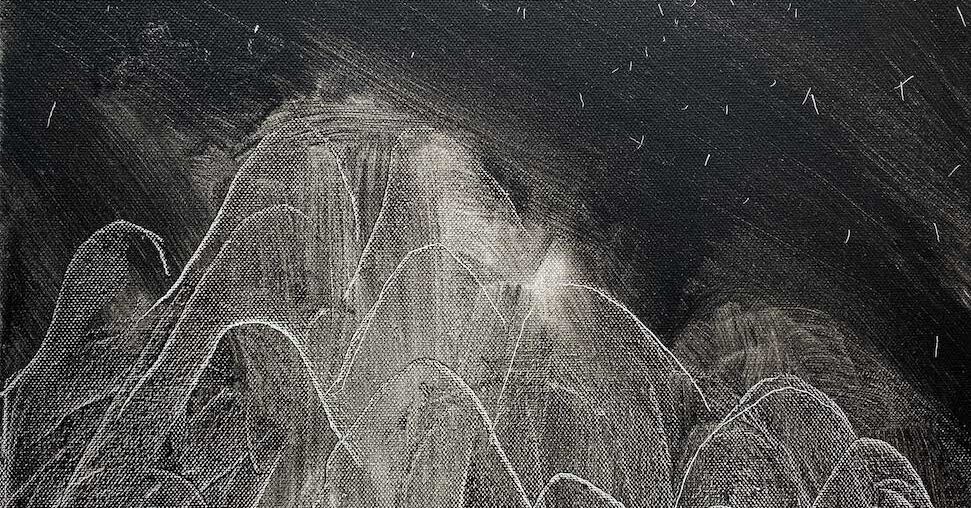Mrs Graham officially adopted her six year old grandson and changed his name to Moses, because she’d rescued him from the water.
In fact, he was two years old at the time.
From the kitchen window she watched.
The pool gate swung on its hinges and something red was disappearing under the water.
When she drew him out of the water, he was blue.
Mrs Graham turned him over, cleared his passages, parted his small lips and breathed.
He began to cough, he began to cry.
But the bright boy he had been was never realised. Something got lost in the water and could not be retraced.
Moshe looked at the blackboard in school and the lines and squiggles of chalk drowned in watery trickles and the boy never learned to read.
“What?” said his teacher. “You can’t read that?”
But Mrs Graham read to him. She read him Dr Seuss and she read him Folk Tales of Robin Hood, and she read him stories from The Illustrated Children’s’ Bible.
The story he liked most was the story of his namesake. And when he lay in bed at night hearing his grandmother retelling the same story, Moshe forgot the sting of his teacher’s words.
When Mrs Graham read her grandson about how Moses led the people out of slavery from Egypt, how he raised his stick and the mighty waters parted, that was a story. And Moshe pictured himself the hero, raising his staff and all his schoolmates walking across the seabed to the Promised Land.
But the ending of the story always made Moshe cry. Why wouldn’t G-d not let Moses into the Promised Land? Grandma, did Moses know how to read?
“Grandma,” after, once more, Moses had parted the waters and been denied entry to the Promised Land, “I want to go to the Promised Land.”
“For your barmitzvah,” she said.
The barmitzvah came. The rabbi gave Moshe a tape, to learn by heart. But just as print on a page drowned before his eyes, so the words on the tape became muffled with the sound of gurgling water .
Grandma said, “Don’t worry. Just play the tape. Close your eyes and listen to it. It’s your song. It’s the song of Moses. And this song,” she said, “will surely part the waters for you. You will play it on your iPod at the wailing wall.”
On the plane on the way to Israel, Moshe heard nothing, saw nothing. His eyes were closed and he was plugged in to his iPod, replaying, replaying, replaying the Song of Moses.
As they walked to the Wall, they were caught in a gathering crowd and held hands.
Suddenly a siren, and the crowd pushed forward. Mrs. Graham felt Moshe’s small hand torn from hers. She was thrown forward . Wherever she looked people were screaming, crying.
She looked up. One man’s arm was raised high and it was covered in blood.
That night, when the crowd had parted, Mrs Graham, walked along the wailing wall on the arm of a guard. They stopped at a small sound.
She put her hand in a crevasse of the wall and drew out an iPod. And it was playing the Song of Moses.
Like ghosts, ten young guards crossed the square, flinging their prayer shawls that settled like soft angels’ wings over their heads and over their shoulders. Under the same stars that had looked down on Abraham, Isaac and Jacob, ten young guards covered their eyes with their prayer shawls. They shone white in the moonlight of a distant sky and bent to recite, a hallowed hum, Yitgadal V’yitkadash…
Mrs Graham held the iPod to her lips. She was resuscitating a drowning child. And she made him a promise, “I will find you. I will not give up. I will find you.”

